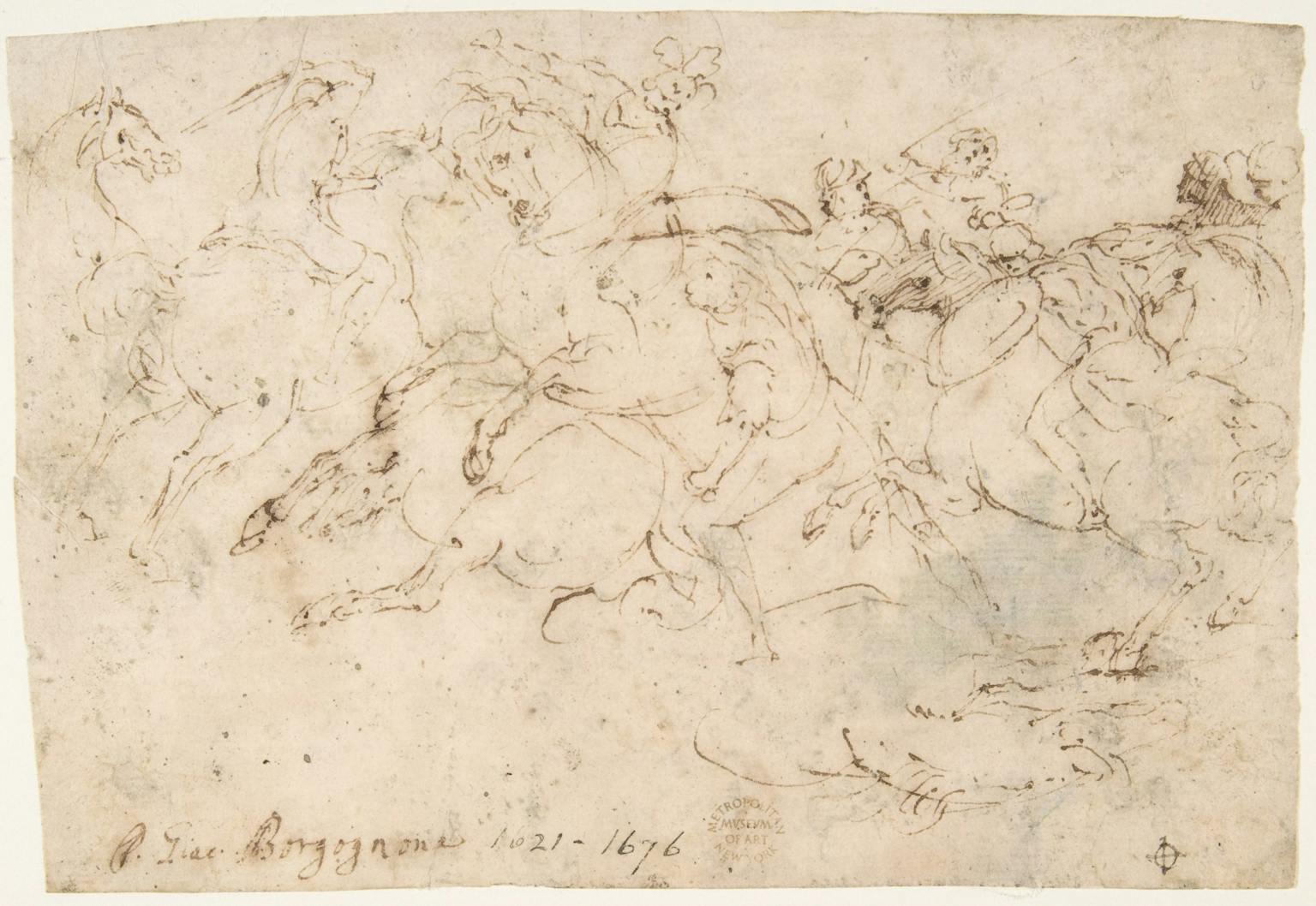How can anger be helpful? Usually, our experience of anger is negative, whether we are giving or receiving it. When others get angry at us, it’s something we wish would end as quickly as possible. When we get angry at others, we often have simultaneous feelings of being out of control, victimized, powerless, and desperate. Then in the aftermath of getting angry, we often feel guilty, anxious, and even ashamed.
Many people get into a cycle of anger that’s hard to escape. This happens when someone doesn’t know how to handle being angry very well. When they get angry, they feel out of control. This feels bad, they seek to avoid it. Therefore they don’t communicate about things that make them angry. These things get buried. One day, all the background anger that hasn’t been organized, shared, or addressed comes out—explosively. This experience of explosive anger is truly awful, for everyone involved, so the person vows to avoid expressing anger with even more determination. Which leads to a continuing lack of communication, and continuing unpredictable explosions…
The solution is to learn to become conscious of anger without it overcoming us. That will help us communicate around something that makes us angry with clarity and relative calm, rather than explosiveness. That is, we need to develop a better relationship with anger. Instead of an inner relationship marked by hate and fear (we hate the part of us that gets angry; we are afraid of it so we push it away) we need a mature relationship. So we can say to the upset part of ourselves: “That’s interesting, you’re angry about that. I can feel how upset you are. Let me think about that for a minute. I should probably say something about this, but I’ll find a diplomatic way of expressing it.”
This is something that takes time to work out—to grow into—over long months and years of good therapy. Learning to relate to anger wisely is a skill about as fundamental as learning to talk, but many of us don’t get that emotional education growing up. Archive Therapy exists to try to help remedy that.
Image: Cavalry Engagement, 1624-63, Francesco Allegrini
Jack Fuller
Jack is a depth therapist and the founder of Archive. He has a doctorate in theology from Oxford University and a degree in neuroscience from Melbourne University. He is the co-author of The Imagination Machine (Harvard Business Press, 2022)
